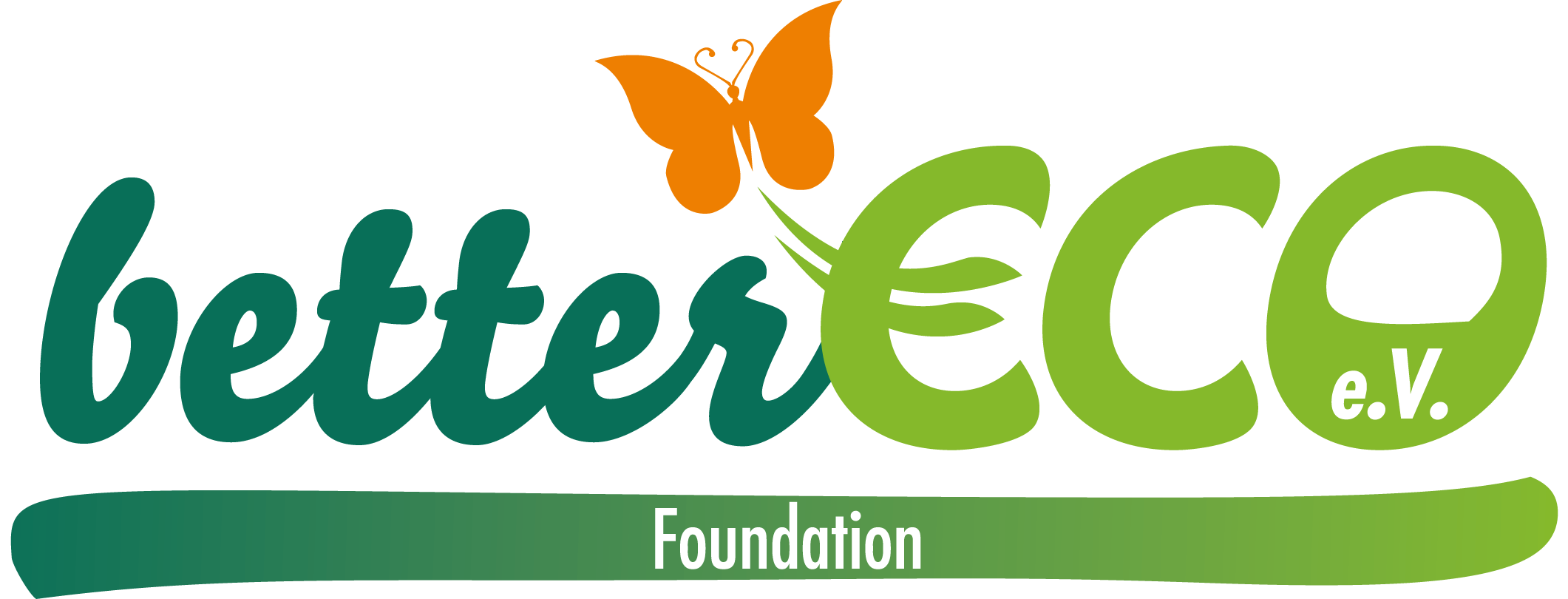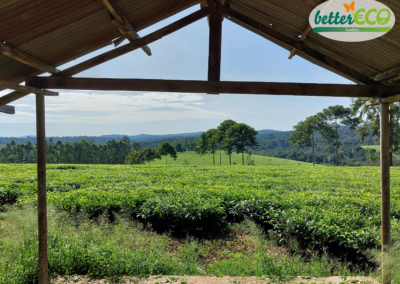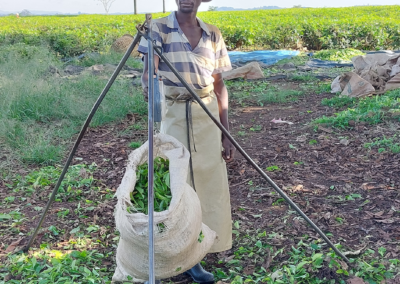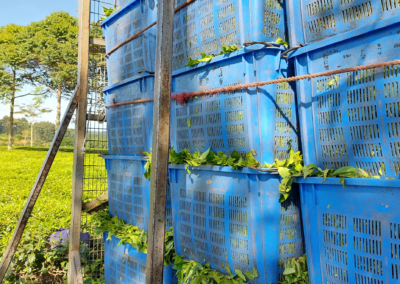UGANDA Tea Project

The project
At the heart of the project are 430 smallholder farmers. They form a large cooperative in western Uganda. The cooperative is divided into four projects, each of which grows different products, forms a spatial unit and is under the management of the cooperative.
The product
Tea was first cultivated in Uganda in the early years of the 20th century. Tea was first cultivated in Uganda in the early twentieth century. It quickly became a popular crop among farmers and commercial cultivation began.
Today, the tea industry employs about 60,000 people in Uganda and provides a livelihood for more than 500,000 people.
Despite its importance to Uganda, the tea sector faces a number of obstacles that affect its continued development. These include poor agronomic practices, pests and diseases, a poor seed system, and low labor productivity.
The goal
Through extensive training and the acquisition of better agricultural inputs, newer mechanical equipment, and improved technology, the potential of tea cultivation can be fully realized.
The goal is to significantly improve harvesting methods and processing in this smallholder cooperative. This will open up new prospects for the farmers, who will export their higher quality production to Europe at better prices, as Uganda’s tea has the potential to become one of the best teas in the world in terms of taste.
Your support
With the help of your donations, the betterECO Foundation e.V. will fund projects that focus on increasing production and productivity of agriculture at the farm level for both smallholder and large-scale farmers, taking into account the changing climate situation in Uganda. Advice on sustainable and organic tea cultivation is particularly important. This is the only way to find new interesting export markets.
Contact
* You can revoke your consent at any time with effect for the future. Your data will then be deleted immediately. Otherwise, the data will be deleted as soon as the storage purpose no longer applies. This is usually the case when your request has been processed. Your data will not be passed on to third parties without a legal justification or legal obligation.




